The lecture on March 7, 2021, by Dr Jess Melbourne-Thomas, Tasmanian Australian of the Year 2020, is now available on the RST YouTube channel. Read more about the lecture here.
Tales of evolution from the mouths of plants
The Royal Society of Tasmania invites you to attend this lecture by Dr Frances Sussmilch on Sunday 11th April 2021 at 3 pm. Dr Sussmilch won the 2020 RST Peter Smith Medal for an outstanding early-career researcher.
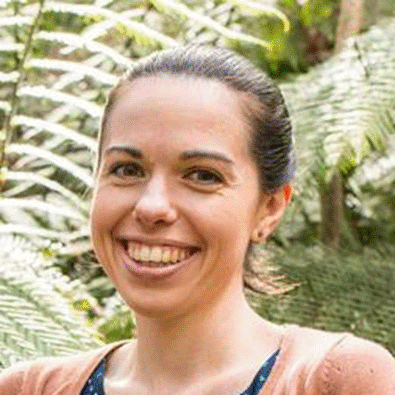
The lecture will be presented in person at the RST Lecture Room in TMAG (Hobart) and as a Zoom webinar. This lecture is free for members of the Royal Society of Tasmania. Non-members are welcome to attend and donations are appreciated through our website or at the door. Suggested donation $6; $4 for students and Friends of TMAG.
Attendance in person: Attendance in person is limited by current pandemic restrictions to 20. Please register for the in-person lecture using this link. The password is RST. Eventbrite registrations close at midday on Saturday 10th April.
Attendance via ZOOM: Follow this link to register for the Zoom webinar. After registering, you will receive a confirmation email containing information about joining the webinar.
Abstract
Most plant water loss (more than 90%) occurs through adjustable pores called stomata, typically found on leaves. Open stomata enable plants to acquire carbon dioxide for photosynthesis, but also allow water loss via evaporation from the plant into the atmosphere. Plants balance their need for CO2 for growth with the availability of water, opening and closing their stomatal pores in response to environmental signals. In flowering plants, stomatal movements are known to be controlled by complex genetic signalling pathways, with rapid stomatal closure in response to dehydration triggered by biosynthesis of the plant stress hormone abscisic acid (ABA). In this lecture, we will explore the genetic pathways that control stomatal closure and their evolution in land plants.
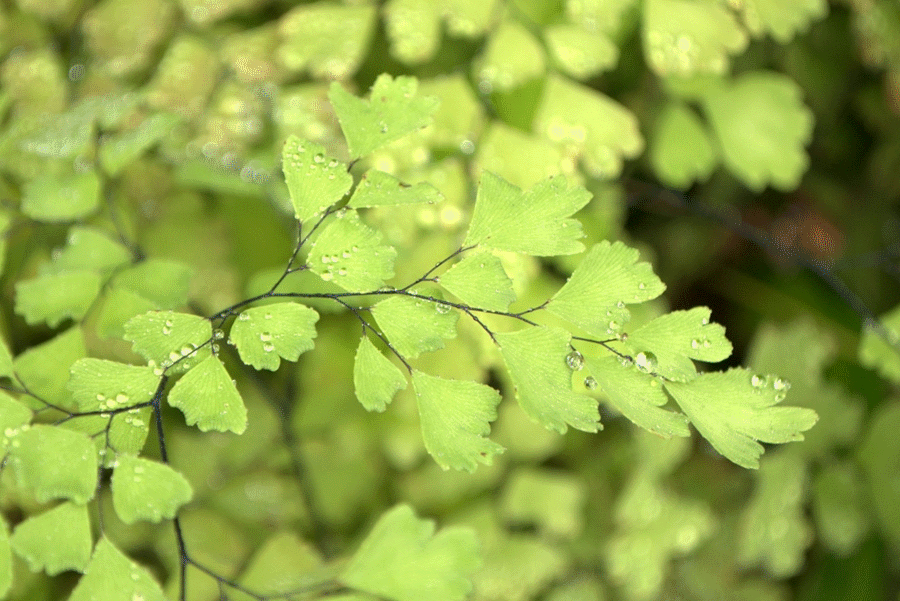
Biography
Dr Frances Sussmilch is an ARC DECRA (Discovery Early Career Researcher Award) Fellow at UTAS, investigating the genes that plants use to respond to dehydration stress and their evolution. Frances completed her PhD in molecular biology at UTAS in 2014 under the supervision of A/Prof Jim Weller and Dr Valerie Hecht. She continued as a Postdoctoral Research Fellow for three years at UTAS, in the groups of A/Prof Jim Weller, Dr Scott McAdam and Prof Tim Brodribb. In 2017, she was awarded a Short-Term Postdoctoral Research Grant from the German Academic Exchange Service (DAAD) to complete a project at the University of Würzburg (Germany), and continued there for three years as a postdoc in the groups of Prof Rainer Hedrich and Prof Dietmar Geiger, investigating the evolution of plant ion channels and signalling pathways. Frances returned to take up her current position at UTAS in 2020 and is also an Associate Investigator for the UTAS node of the ARC Centre of Excellence for Plant Success in Nature and Agriculture.
Global and Australian Perspectives for COVID-19 Vaccine Rollout
The Royal Society of Tasmania, Northern Branch, invites you to a public lecture by Professor Katie Flanagan, on Sunday March 28, 2021, at 1:15 pm. The lecture will commence at 1.30 pm following the branch Annual General Meeting.
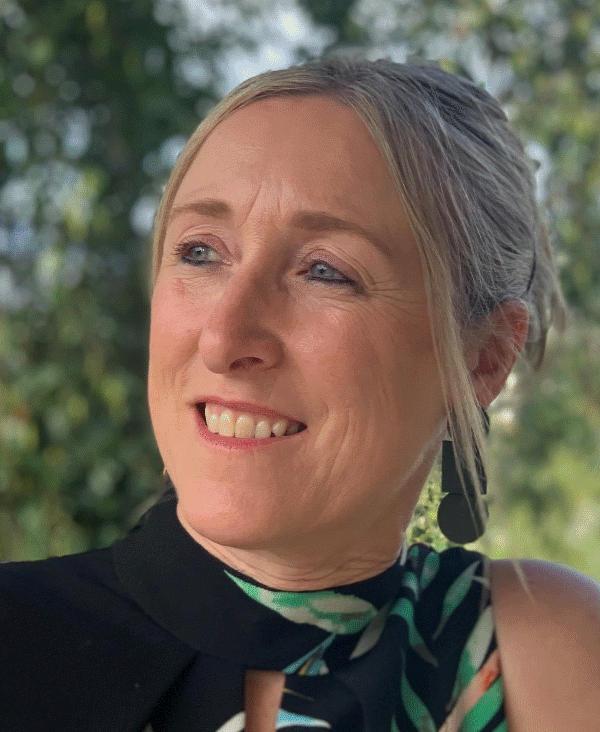
The lecture will take place at the Meeting Room, QVMAG at Inveresk.
If you intend to attend in person: Due to COVID restrictions, registration will be required – phone 0417 330 118 or email apcachris@gmail.com
To view remotely via ZOOM: Register in advance by clicking here. After registering, you will receive a confirmation email containing information about joining the webinar.
To download a flyer for printing, click here.
Katie is a world-renowned clinician scientist, Head of Infectious Diseases at LGH and a Professor at UTAS, RMIT and Monash Universities. She is Honorary Secretary of the Australian Society for Infectious Diseases, chairs their Vaccination Special Interest Group, is a member of the Australian Technical Advisory Group on Immunisation, and chairs their COVID-19 Vaccine Utilisation and Prioritisation Subgroup.
Her talk will discuss the platform technologies being used to design COVID-19 vaccines, candidates in preclinical and clinical trials and phase 3 trial efficacy results. It will then discuss the progress globally with COVID-19 vaccine rollout and the Australian COVID-19 strategy and program in more detail. It will conclude with discussing next-generation vaccines including those against emerging SARS-CoV-2 variants.
Generously supported by

Pyrogeographic thinking – the key to tackling the global fire crisis
The Royal Society of Tasmania invites you to a public lecture on Sunday 28 February 2021 at 1.30pm by Professor David Bowman.
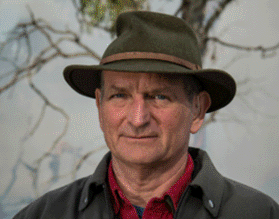
He will deliver a lecture on his research into problem solving as a means of achieving sustainable co-existence with fire.
Register in advance for this webinar.
After registering, you will receive a confirmation email containing information about joining the webinar.
Click here to view the latest flyer for the event and print if necessary.
Due to circumstances beyond our control the advertised lecture by Dr Lavers has been postponed until 23rd May, and Professor David Bowman most generously agreed to bring forward his lecture previously planned for that date.
Generously supported by

2021 Lecture Program
While COVID-19 pandemic restrictions apply, lectures will be online, delivered using Zoom. Lectures will be on Sunday afternoons at 3 pm (except where otherwise indicated). We hope that you will all find this a convenient and an enlightening way to spend a Sunday afternoon. As usual, there is something for everyone and everything of value and interest to inquiring minds of all persuasions.
Sunday 7 March. AGM, Tasmanian Australian of the Year for 2020, Jessica Melbourne-Thomas.
Tuesday 16 March. Medal presentation by Her Excellency Professor the Honourable Kate Warner AC, Governor of Tasmania at Government House.
Sunday 4 April (Easter). 2020 Peter Smith Medal Lecture, Frances Sussmilch.
Sunday 2 May. Susannah Fullerton OAM, FRSN (TBC)
Sunday 6 June. ATSE Joint Lecture (TBC)
Sunday 4 July. TMAG Curator (TBC)
Sunday 8 August. (TBC)
Friday 27 August. Joint Beer Aquatic Event for National Science Week at Hobart Brewing Company
Sunday 5 September. 2020 Doctoral Award Winner/s (TBC)
Sunday 3 October. History lecture (TBC)
Sunday 7 November. Medical sciences/Menzies lecture (TBC)
Tuesday 7 December. Christmas lecture (TBC)
PLEASE CHECK REGULARLY FOR UPDATES.
Engagement, diversity and interdisciplinarity to tackle future challenges
ENGAGEMENT, DIVERSITY AND INTERDISCIPLINARITY TO TACKLE FUTURE CHALLENGES
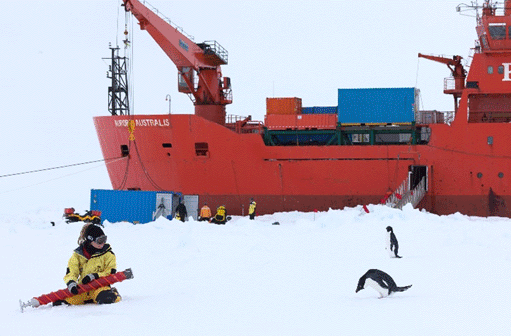
The Royal Society of Tasmania invites you to attend this lecture by Dr Jess Melbourne-Thomas on Sunday March 7th, 2021 at 3 pm, at the Stanley Burbury Theatre, University of Tasmania. Dr Melbourne-Thomas was the Tasmanian Australian of the Year 2020.
The lecture follows the Annual General Meeting of the Society. Attendance in person is limited by current pandemic restrictions and it is necessary to register for this event.
REGISTRATION
Registration of RST members IS NOW OPEN at https://www.eventbrite.com.au/e/rst-agm-and-lecture-tickets-140054549929 The password is “RST”. The registration site will remain open until Friday 5th March 2021.
Registration of non-members WILL OPEN on 14th February at 1 am at https://www.eventbrite.com.au/e/rst-agm-and-lecture-tickets-140054549929 , and remain open until Friday 5th March 2021. The password is “RST”.
ADMISSION
Admission is free for members of the Royal Society of Tasmania.
Charges for non-members:
– $6 general admission
– $4 for students and Friends of TMAG
ON THE DAY
Please print and bring your ticket on the day or else have it available for viewing on your mobile phone.
Please also arrive a few minutes early to facilitate entry to the lecture theatre and Covid-safe seating arrangements.
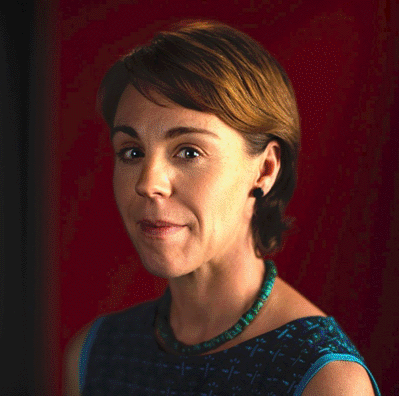
Dr Jess Melbourne-Thomas is a Transdisciplinary Researcher and Knowledge Broker with CSIRO Oceans & Atmosphere. Her research background is in mathematical modelling and Antarctic climate change science and she was a Lead Author for the recent IPCC Special Report on the Oceans & Cryosphere in a Changing Climate. Jess co-founded the Homeward Bound project, which took the largest ever all female expedition on a leadership journey to Antarctica in 2016. She was one of Australia’s first 30 Superstars of STEM and was named Tasmania’s Young Tall Poppy of the Year in 2015 for her excellence in research, science communication and policy engagement. Jess was the 2020 Tasmanian Australian of the Year.
Abstract
The future of the Earth and its global population holds significant challenges, particularly with respect to climate change mitigation and adaptation. Indeed, in 2020 we experienced a taste of many of the impacts to come. Engaging people with science and tackling misinformation will be a key part of finding solutions to the challenges ahead.
In this presentation Jess will discuss approaches to engagement with policy-makers, industry and the general public, including increasing needs for co-design, translation, communication and interpretation of science to tackle complex problems. She will give examples of how inter- and transdisciplinary research approaches can support robust decision-making. She will also discuss the importance of increased diversity and equity in STEMM in designing novel solutions to address future challenges. Jess will also reflect on her own learnings about challenges and solutions through her year as 2020 Tasmanian Australian of the Year.
View recording of the lecture by John Williamson – December 2020
For those who missed the lecture by John Williamson on “Hobart and Amundsen: An Antarctic Gateway Illusion?“, open this post to view it now on the RST YouTube channel.
View recording of virtual lecture by Dr Jessica Ericson – November 2020
View recording of the November 8th virtual lecture “Antarctic krill: What do the Southern Ocean’s charismatic “omega-fauna” eat, and how might they fare in a future high CO2 world?”
Christmas dinner and lecture: Monday 30th November 2020
Registrations have now closed. We now have a full house. Apologies to those who missed out.
The President and Council of The Royal Society of Tasmania warmly invite members and friends to the Royal Yacht Club of Tasmania in Sandy Bay for dinner and a lecture by polar historian, John Williamson, entitled “Hobart and Amundsen: An Antarctic gateway illusion?”
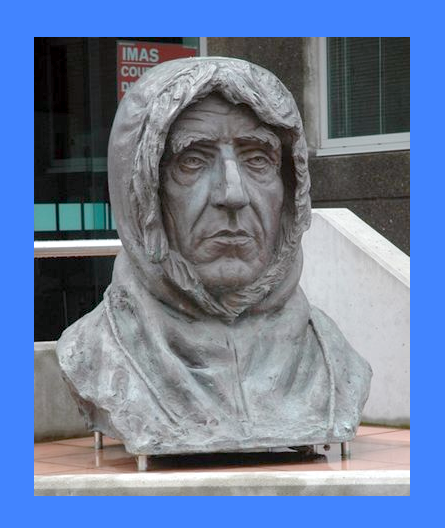
Our Patron, Her Excellency Professor the Honourable Kate Warner AC, Governor of Tasmania, and Mr Richard Warner AM will be joining us for the evening. Open this post for details and the booking form.
View recording of the 25th October virtual lecture “Butterfly Brilliance: The Lambkin-Knight Butterfly Collection”
For those who missed the virtual lecture by lepidopterist Trevor Lambkin and QVMAG staff entitled “Butterfly Brilliance: The Lambkin-Knight Butterfly Collection” on October 25, 2020, view it now on our YouTube channel. Read more about the lecture here.
